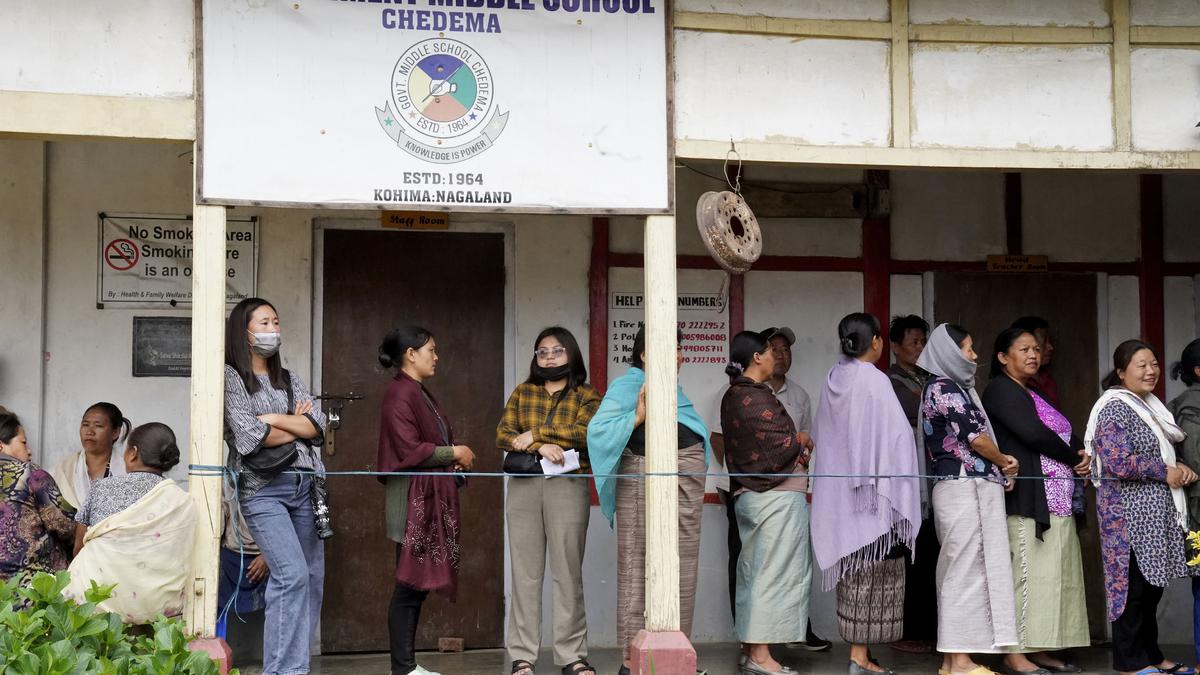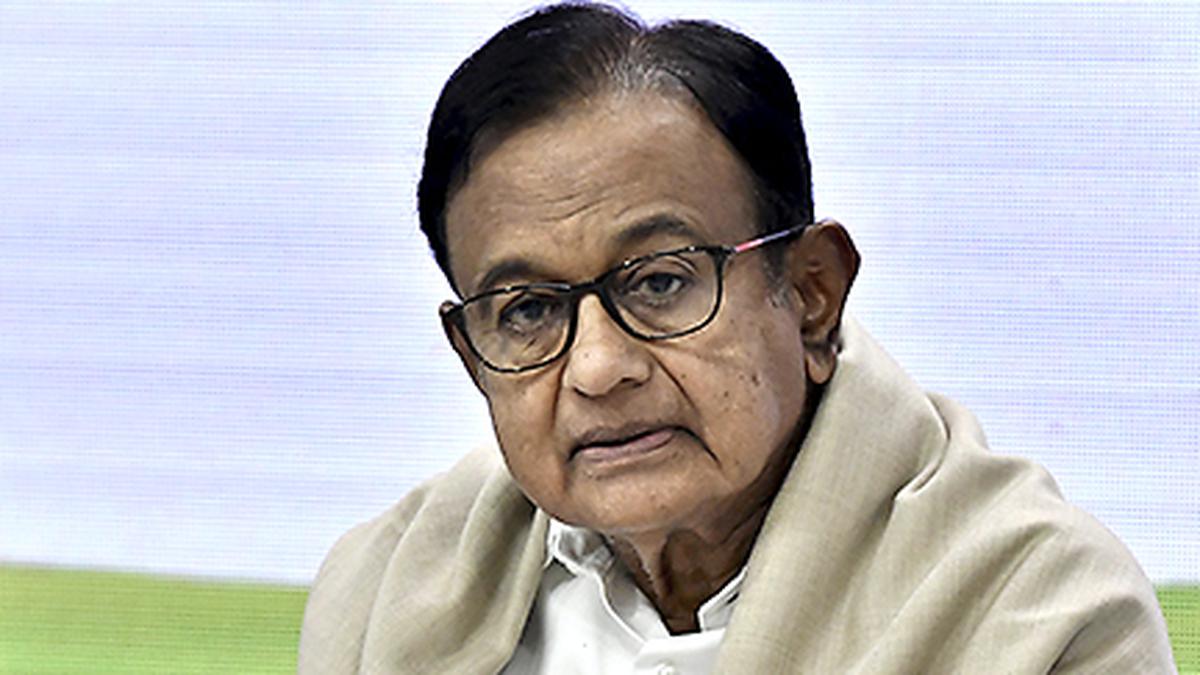Problems connected to children’s learning ability, lack of attention in class, issues faced by differently abled students, and social and emotional problems that cause children to turn away from learning will be discussed while devising activities as part of the academic support programme launched by the General Education department to support students securing low grades in year-end examinations.
The programme is designed by the State Council of Educational Research and Training (SCERT) as a follow-up to the annual examinations of students in classes I to IX. It will be initiated during the summer vacations and carried forward through an orientation in the new year if required before another assessment is held to ensure that students’ have met the learning outcomes for the year.
School-level plans
The first step will be to discuss the problem areas on the basis of the annual exam analysis. A broad document of these problems will be maintained for each class and plans prepared at the school level to address these. Emphasis will be on specific portions in each subject and activities will be given to students individually. Discussions will be held at length with both students and parents on the individual plans.
The academic support will be provided to the students at schools or in public spaces such as such as libraries, anganwadis, and community learning centres at least once a week. Where possible, clusters of students can be given lessons.
Peer support is another avenue mooted by the programme. Students living nearby and capable of helping learners in need can be roped in.
Mentoring
The programme also leans on the concept of mentor teachers that has been encouraged by the department for a few years now. Visits by teachers to houses of students will be made to review the activities done by the students in a week. Regular interactions with students and parents will be maintained over phone too. A close eye will be kept on the changes in students in achieving the outcomes each week and a record maintained. Department officials will monitor the programme every week.
The draft of the initiative has been uploaded on the SCERT website for the public to register their opinions by April 10.
Education officials apprehend that not all school authorities take the nearly 30 examinations, besides continuous and comprehensive evaluation, that students appear for from classes I to IX seriously enough, resulting in students getting promoted without achieving the stipulated outcomes.
Training programmes for teachers and their handbook also focus on the outcomes, but not all students achieve them. National and State-level surveys held in the past two years have also flagged the problem of failure to achieve them, especially in mathematics, language, and social science.

 1 month ago
114
1 month ago
114



